Recent court filings in New York have cast a renewed spotlight on Standard Chartered Bank, a British-based global bank which is currently under the leadership of Bill Winters with subsidiaries worldwide, including in Kenya.
The allegations assert that the bank facilitated billions of dollars in transactions for individuals and organizations flagged by the U.S. government for links to terror groups.
These designated groups include Hezbollah, Hamas, al-Qaeda, and the Taliban, raising serious questions about the bank’s regulatory compliance and operational ethics.
According to an independent investigation, an expert identified approximately $9.6 billion in foreign exchange transactions between Standard Chartered and entities associated with terrorism funding.
The bank, however, disputes these claims, stating that previous allegations were deemed “thoroughly discredited” by U.S. authorities.
The court documents accuse Standard Chartered of falsifying transaction data on SWIFT, an international payment system crucial for global banking transactions, allowing it to process billions through its New York branch on behalf of sanctioned entities, such as Iran’s central bank.
The accusations date back to transactions conducted between 2008 and 2013, a period during which Standard Chartered allegedly processed more than $100 billion in transactions despite sanctions imposed on Iran.
The British government reportedly intervened on the bank’s behalf in 2012, with then-Chancellor George Osborne allegedly advocating for Standard Chartered to avoid prosecution.
Three months after this reported intervention, the U.S. Department of Justice refrained from pressing charges against the bank.
However, Osborne and then-Prime Minister David Cameron have not been accused of knowing about these transactions at the time, as the foreign exchange deals now under scrutiny had not yet surfaced.
This is not the first time Standard Chartered has faced sanctions-related issues.
The bank admitted to breaching international sanctions in both 2012 and 2019, leading to fines totaling over $1.7 billion.
While these settlements were related to sanctions violations, Standard Chartered has not admitted to conducting transactions specifically for terrorist-linked organizations.
The recent claims largely stem from two whistleblowers, including former bank executive Julian Knight.
They initially provided spreadsheets containing confidential transaction data to U.S. authorities in 2012.
However, the U.S. authorities dismissed their whistleblower claim in 2019, asserting that the provided evidence did not reveal any new sanction violations.
An FBI agent involved in the case stated that the data showed no indication of improper transactions by the bank beyond 2007, leading the court to dismiss the case as “meritless.”
Contradicting these dismissals, David Scantling, an independent expert specializing in counter-terrorism financing, reviewed the documents and identified concealed transactions totaling over half a million between 2008 and 2013.
Scantling’s declaration suggests that, with simple techniques familiar to counter-terrorism analysts, the hidden records could be extracted, revealing that Standard Chartered allegedly conducted transactions on behalf of Iranian banks, companies, and Middle Eastern money exchanges flagged for terror financing by the U.S. government.
The implications of this revelation could be significant, potentially reopening past investigations and triggering stricter regulatory scrutiny.
As one of the UK’s largest banks, Standard Chartered’s compliance with global anti-terrorism financing laws is vital to the credibility of international banking institutions.
The bank’s alleged involvement in these transactions underscores the challenges regulatory bodies face in policing complex financial networks that operate across multiple jurisdictions.
The case raises broader questions about the effectiveness of international sanctions and the measures taken by governments to enforce them.
If Standard Chartered’s alleged activities indeed financed organizations like Hezbollah and the Taliban, the episode would highlight critical weaknesses in the current system and underscore the need for stringent oversight.
For now, Standard Chartered continues to deny these claims, but the outcome of these legal proceedings could have lasting impacts on global banking standards and anti-terrorism financing enforcement.

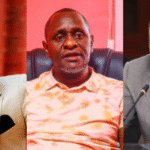
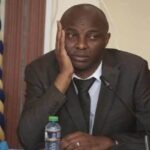
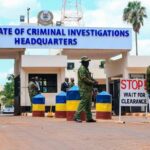


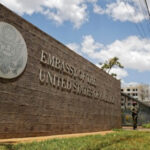
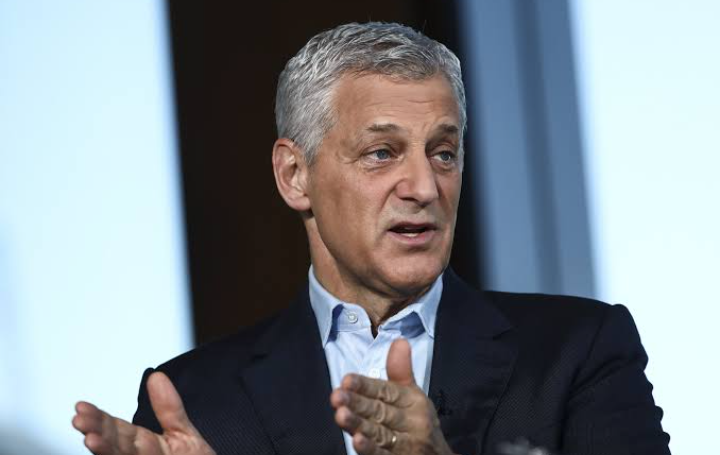
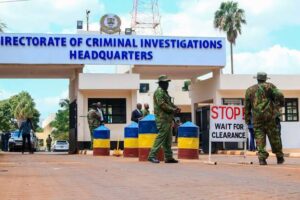
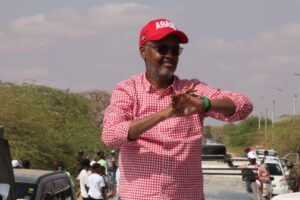

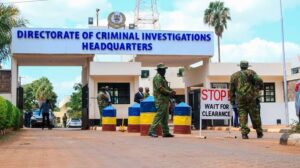
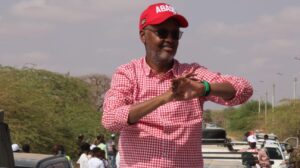


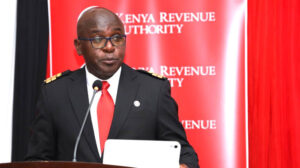

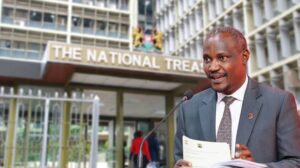
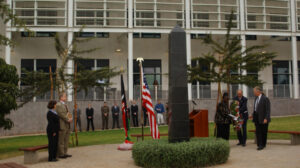
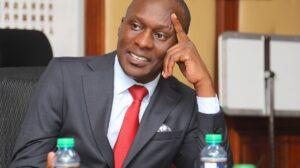

Add Comment